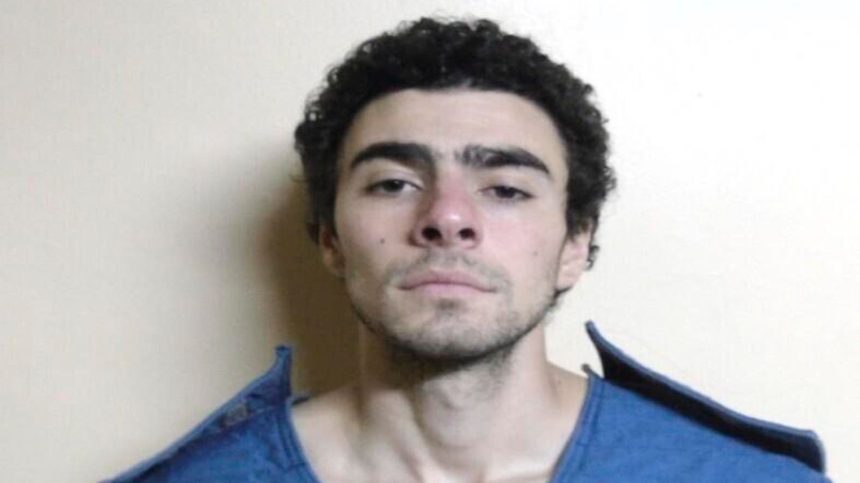Luigi Mangione, a 26-year-old with a seemingly promising future, stands accused of the premeditated murder of Brian Thompson, CEO of UnitedHealthcare. The shocking incident unfolded on December 4th outside the New York Hilton Midtown, where Thompson was attending an investor meeting. Mangione, allegedly driven by a deep-seated resentment towards corporate America, shot Thompson from behind, fleeing the scene on an electric bike. The subsequent investigation, spanning multiple states, uncovered a three-page manifesto penned by Mangione, revealing his distorted worldview and portraying the killing as a symbolic act against perceived corporate corruption. This document, coupled with fraudulent IDs and a self-assembled firearm found in Mangione’s possession, paints a disturbing picture of a young man consumed by his anti-establishment ideology.
Mangione’s arrest in a Pennsylvania McDonald’s brought an end to the nationwide manhunt, but it also unveiled a complex individual with a history of academic achievement and a surprising connection to the tech world. A graduate of the University of Pennsylvania with degrees in computer and information science, Mangione had worked for companies like TrueCar and held internships at prestigious institutions. His social media presence depicted a bright young man with interests in gaming, robotics, and intellectual pursuits. However, lurking beneath this façade was a simmering anger towards the corporate world, culminating in the tragic act of violence that claimed Thompson’s life.
The manifesto, described by law enforcement as articulating Mangione’s motivations and mindset, raises concerns about potential copycat attacks. The NYPD expressed apprehension that Mangione’s actions might inspire others who share his anti-corporate sentiments, potentially leading to further acts of violence. The document reportedly details Mangione’s belief that he was striking a blow against systemic corruption and that he acted alone. This declaration of solitary action, while potentially relieving fears of a larger conspiracy, adds another layer of complexity to understanding the motivations behind the killing.
The details of Mangione’s life continue to emerge, revealing a troubled young man who had been reported missing by his mother just weeks before the shooting. While his family hails from a prominent Baltimore background, Mangione’s recent activities suggest a nomadic lifestyle, with ties to San Francisco, Honolulu, and a co-living space for digital nomads in Hawaii. Accounts from those who knew him in Hawaii describe a charismatic individual grappling with chronic back pain and expressing admiration for the Unabomber’s manifesto. This juxtaposition of intellectual curiosity with a seemingly growing fascination with anti-establishment ideologies further complicates the narrative surrounding Mangione.
The discovery of a 3D-printed ghost gun and silencer in Mangione’s possession not only links him directly to the crime scene but also raises broader questions about the accessibility and untraceability of such weapons. The markings on the bullet casings found at the scene – “deny,” “defend,” and “depose” – seem to allude to common criticisms of insurance company tactics, suggesting a possible connection to Thompson’s role as CEO of UnitedHealthcare’s insurance division. While this connection provides a potential avenue of investigation, the full extent of Mangione’s motivations remains unclear.
As the legal proceedings unfold, Mangione faces a multitude of charges in both Pennsylvania and New York, including murder, weapons possession, and forgery. He remains in custody, awaiting extradition to New York to face the most serious charges. The upcoming court appearances will likely shed further light on the events leading up to the shooting and provide a clearer understanding of the complex psychological factors that drove Mangione to commit such a violent act. The case stands as a tragic reminder of the potential consequences of unchecked resentment and the dangers of extremist ideologies taking root in seemingly ordinary individuals.



